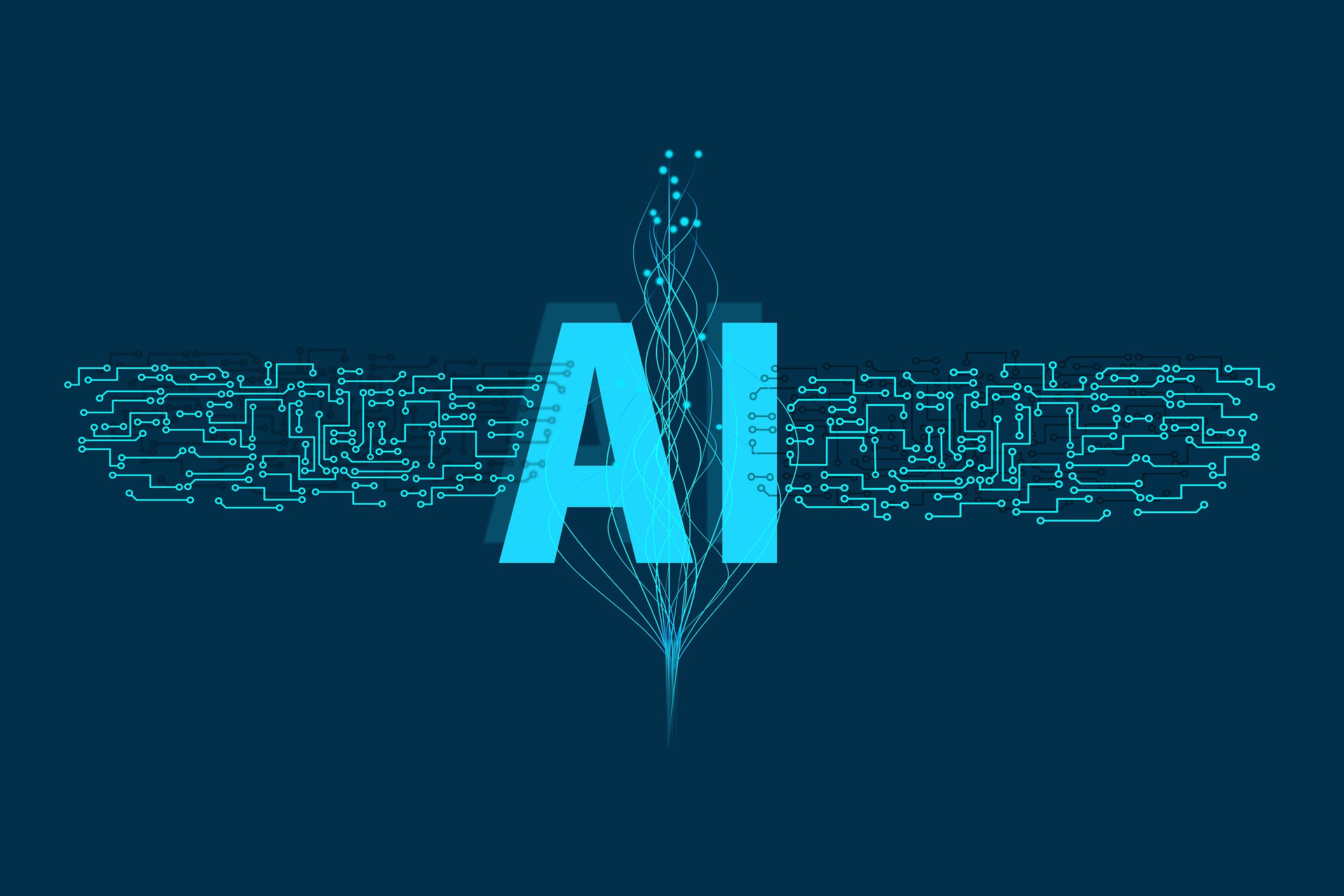The e-commerce landscape is ever-evolving, adapting, and incorporating technology to improve service delivery, enhance customer experience, and streamline operations. With the advent of artificial intelligence (AI), there is a promise of a seismic shift in how e-commerce businesses operate and interact with their consumers. But, what are the opportunities that AI brings to e-commerce? And what are the challenges that businesses might face while incorporating AI? This article aims to delve into these questions and explore the influence of AI on the future of e-commerce.
AI and E-commerce: A Transformative Relationship
Artificial intelligence is not a new concept to e-commerce. Businesses have been leveraging AI to automate processes, offer personalized experiences, and gain valuable insights from data.
For instance, e-commerce platforms use AI-powered recommendation engines to provide personalized suggestions to customers based on their browsing and buying patterns. This not only enhances customer experience but also increases sales and customer loyalty.
Furthermore, AI has brought the evolution of chatbots, which provide automated customer service. These AI-powered chatbots can handle multiple customer queries simultaneously and offer immediate responses, thus improving the overall customer service efficiency.
In terms of operations, AI assists in managing inventory, forecasting demand, and analyzing sales patterns. AI-powered analytics tools help businesses make data-driven decisions, which can significantly enhance operational efficiency and profitability.
Opportunities Presented by AI in E-commerce
- Enhanced Personalization: AI allows e-commerce platforms to offer a highly personalized shopping experience. By analyzing browsing behavior, purchase history, and other data points, AI algorithms can offer product recommendations that are tailored to individual preferences. This level of personalization not only improves customer satisfaction but also drives repeat business.
- Improved Customer Service: AI-powered chatbots and virtual assistants can provide round-the-clock customer support, answering queries and solving problems instantly. This consistent, immediate response can significantly enhance the customer experience.
- Efficient Operations: AI can automate many aspects of e-commerce operations, from inventory management to order fulfillment. This can lead to more efficient processes, cost savings, and better use of resources.
Challenges and Considerations in AI Implementation
While AI presents exciting opportunities, it is not without its challenges.
- Data Privacy and Security: With AI algorithms requiring vast amounts of data to function effectively, data privacy and security become paramount. E-commerce businesses must ensure they adhere to data protection regulations and maintain consumer trust.
- Cost and Complexity: Implementing AI solutions can be costly and complex, particularly for small and medium-sized businesses. Training AI models requires significant computational resources, while integrating AI into existing systems can be challenging.
- Ethical Considerations: There are ethical considerations when using AI, such as ensuring fair and unbiased algorithms. It’s critical that e-commerce businesses understand these issues and act responsibly.
Conclusion
The integration of artificial intelligence into e-commerce is undoubtedly transforming the industry, opening up new opportunities for personalized customer experience, operational efficiency, and data-driven decision-making. However, the journey is not without its hurdles, with data privacy, cost, complexity, and ethical considerations being at the forefront.
Despite these challenges, the benefits of incorporating AI into e-commerce operations are too significant to overlook. As the technology continues to evolve and mature, it will become more accessible and easier to implement, making it an essential part of the e-commerce landscape.
Indeed, artificial intelligence and e-commerce have a shared future, one that promises exciting possibilities for businesses and consumers alike. As we navigate this evolving landscape, it is crucial that we harness the power of AI responsibly, embracing its potential while addressing its challenges. This balance will ensure the sustainable growth of the e-commerce industry,






